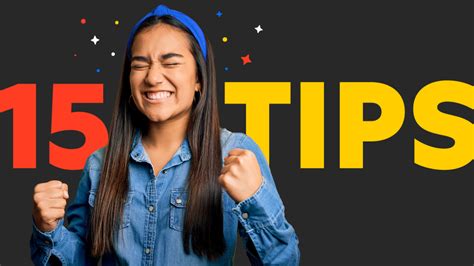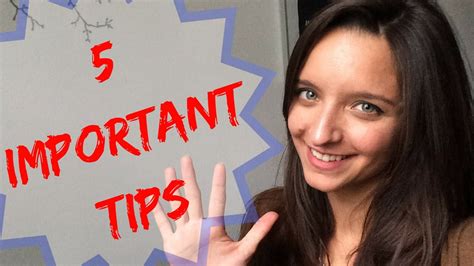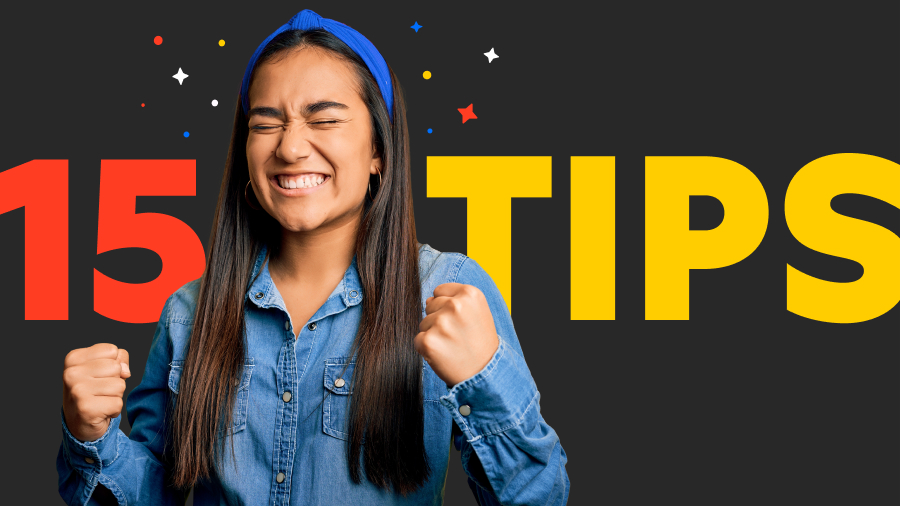In today’s competitive landscape, mastering SEO marketing is essential for successful event promotion and maximizing attendee engagement. By leveraging the power of search engine optimization, event organizers can effectively reach their target audience, boost visibility, and drive higher attendance. This article delves into proven strategies that integrate SEO into your event marketing efforts. From understanding the crucial role of SEO in attracting potential attendees to optimizing event landing pages and utilizing local SEO, these insights will help you create a comprehensive approach that not only enhances your event’s online presence but also ensures long-term success in the competitive event industry.
herdgames.com will lead an exploration of this topic in detail.
1. Understanding the Role of SEO in Event Marketing
SEO plays a pivotal role in event marketing by enhancing online visibility and driving targeted traffic to your event’s digital platforms. In an era where the majority of event attendees begin their search online, having a robust SEO strategy ensures that your event stands out amidst the competition. By optimizing your event’s website and content for relevant keywords, you increase the likelihood of appearing in top search results when potential attendees are looking for events like yours. Moreover, SEO helps in building credibility and trust, as higher search rankings often translate to perceived authority in the eyes of users. Whether it’s a local concert, a business conference, or a charity fundraiser, integrating SEO into your event marketing plan is essential for reaching a broader audience. Understanding the importance of SEO in this context allows you to effectively capture the interest of potential attendees, ultimately leading to higher engagement and a successful event.

2. Keyword Research Techniques for Targeting Event Audiences
Effective keyword research is the foundation of a successful SEO strategy for event marketing. To target the right audience, it’s essential to identify the keywords and phrases that potential attendees are likely to use when searching for events similar to yours. Start by brainstorming relevant topics and themes related to your event, then use tools like Google Keyword Planner, SEMrush, or Ahrefs to discover high-traffic keywords with low competition.
Consider long-tail keywords, which are more specific phrases that may have lower search volumes but attract a highly targeted audience. For instance, instead of just “music festival,” try “indie music festival in New York.” These precise keywords can help you reach users who are more likely to be interested in your event.
Incorporating location-based keywords is crucial, especially if your event is tied to a specific area. Include city names, neighborhoods, or regional terms to connect with local audiences. Regularly updating and refining your keyword list based on emerging trends and search behaviors ensures your event stays relevant and visible to potential attendees.

3. Optimizing Event Landing Pages for Higher Search Rankings
Optimizing your event landing pages is crucial for achieving higher search rankings and driving more traffic to your event. A well-optimized landing page not only captures the attention of potential attendees but also aligns with search engine algorithms to improve visibility. Start by ensuring that your primary keyword appears in key locations, such as the page title, meta description, headers, and throughout the content. However, avoid keyword stuffing—focus on creating valuable, informative content that naturally incorporates these terms.
Your landing page should be user-friendly, with a clear and compelling call to action (CTA) that encourages visitors to register or learn more about the event. The page should load quickly and be mobile-responsive, as search engines like Google prioritize sites that offer a seamless user experience across devices.
Additionally, include high-quality images and videos that showcase your event, as visual content can engage users and increase the time they spend on the page—another factor that positively impacts search rankings. Don’t forget to optimize these media files by using descriptive file names and alt text.
Finally, internal linking to other relevant pages on your website and obtaining backlinks from reputable sources can further boost your landing page’s authority and search ranking potential.

4. Leveraging Local SEO to Attract Nearby Attendees
Leveraging local SEO is essential for attracting attendees from your event’s geographic area. Local SEO focuses on optimizing your event’s online presence to rank higher in location-based search results, making it easier for nearby potential attendees to find your event. Start by claiming and optimizing your Google My Business listing, ensuring that all details—such as the event name, location, date, and time—are accurate and up-to-date. Including relevant keywords with your city or neighborhood in your content and meta descriptions also helps search engines connect your event to local search queries.
Encourage attendees to leave positive reviews on platforms like Google and Yelp, as these can enhance your local search ranking and build credibility. Additionally, list your event on local directories, community websites, and social media platforms that cater to your area. These listings not only provide backlinks to your event website but also increase your visibility among local audiences. By focusing on local SEO strategies, you can effectively connect with nearby attendees and drive greater participation in your event.
5. Integrating Social Media and Content Marketing with SEO
Integrating social media and content marketing with your SEO strategy can significantly amplify your event’s reach and engagement. Social media platforms serve as powerful channels for promoting your event content, driving traffic to your event website, and enhancing your SEO efforts. Share blog posts, videos, and infographics related to your event across platforms like Facebook, Instagram, LinkedIn, and Twitter, ensuring that each post is optimized with relevant keywords and hashtags.
Creating valuable, shareable content not only engages your audience but also increases the chances of earning backlinks from other websites, which boosts your SEO ranking. Regularly updating your event’s social media profiles with fresh content helps maintain visibility and encourages ongoing interaction with potential attendees.
Cross-promotion between your event website and social media platforms is key. Include social sharing buttons on your event landing pages and encourage attendees to spread the word. Additionally, using social media to generate buzz and excitement can lead to more organic search traffic, as interested users search for your event, further enhancing your SEO performance and maximizing at
6. Measuring the Impact of SEO on Event Attendance
Measuring the impact of SEO on event attendance is crucial for understanding the effectiveness of your marketing efforts and refining your strategy for future events. Start by setting clear, measurable goals, such as increasing website traffic, improving search engine rankings, or boosting registration numbers. Use tools like Google Analytics to track key metrics, including organic traffic, bounce rates, and conversion rates, which indicate how well your SEO efforts are driving potential attendees to your event page.
Analyze which keywords and search queries are leading users to your site, and assess the performance of your landing pages to determine if they are effectively converting visitors into registrants. Monitoring changes in search rankings before and after implementing SEO strategies can also provide insights into their effectiveness.
Additionally, consider tracking social signals, such as shares, likes, and comments, as these can indirectly influence your search rankings and indicate broader engagement. By regularly reviewing these metrics, you can identify what’s working, make data-driven adjustments, and optimize your SEO strategy to better align with your event goals. This ongoing analysis ensures that your SEO efforts translate into tangible results, ultimately leading to higher event attendance and greater success.
7. Advanced SEO Strategies for Long-Term Event Success
For long-term event success, implementing advanced SEO strategies can provide a sustainable boost to your event’s visibility and engagement. Begin by focusing on creating high-quality, evergreen content related to your event themes. This content, such as in-depth blog posts, guides, or industry insights, continues to attract organic traffic long after your initial event promotion phase.
Build a strong backlink profile by collaborating with industry influencers, partners, and local media to earn authoritative links to your event pages. This not only enhances your site’s credibility but also improves search engine rankings.
Utilize schema markup to help search engines understand and display your event details more effectively in search results. Implementing structured data can enhance your event’s visibility through rich snippets, which showcase additional information like dates, locations, and ticket prices directly in search results.
Monitor and analyze SEO trends and algorithm updates to stay ahead of changes that might impact your event’s online presence. Regularly updating your SEO strategy based on these insights ensures that your event continues to perform well in search engines, driving consistent, long-term traffic and engagement.
Mastering SEO marketing is essential for maximizing the impact of your event promotion efforts. By understanding SEO’s role, conducting effective keyword research, and optimizing your event landing pages, you set the foundation for higher visibility and engagement. Leveraging local SEO, integrating social media and content marketing, and measuring SEO’s impact ensure that you connect with your target audience effectively. Implementing advanced SEO strategies like creating evergreen content and building a strong backlink profile will sustain your event’s success over time. Embracing these SEO techniques will not only boost your event’s reach but also enhance long-term attendee engagement and participation.
herdgames.com

